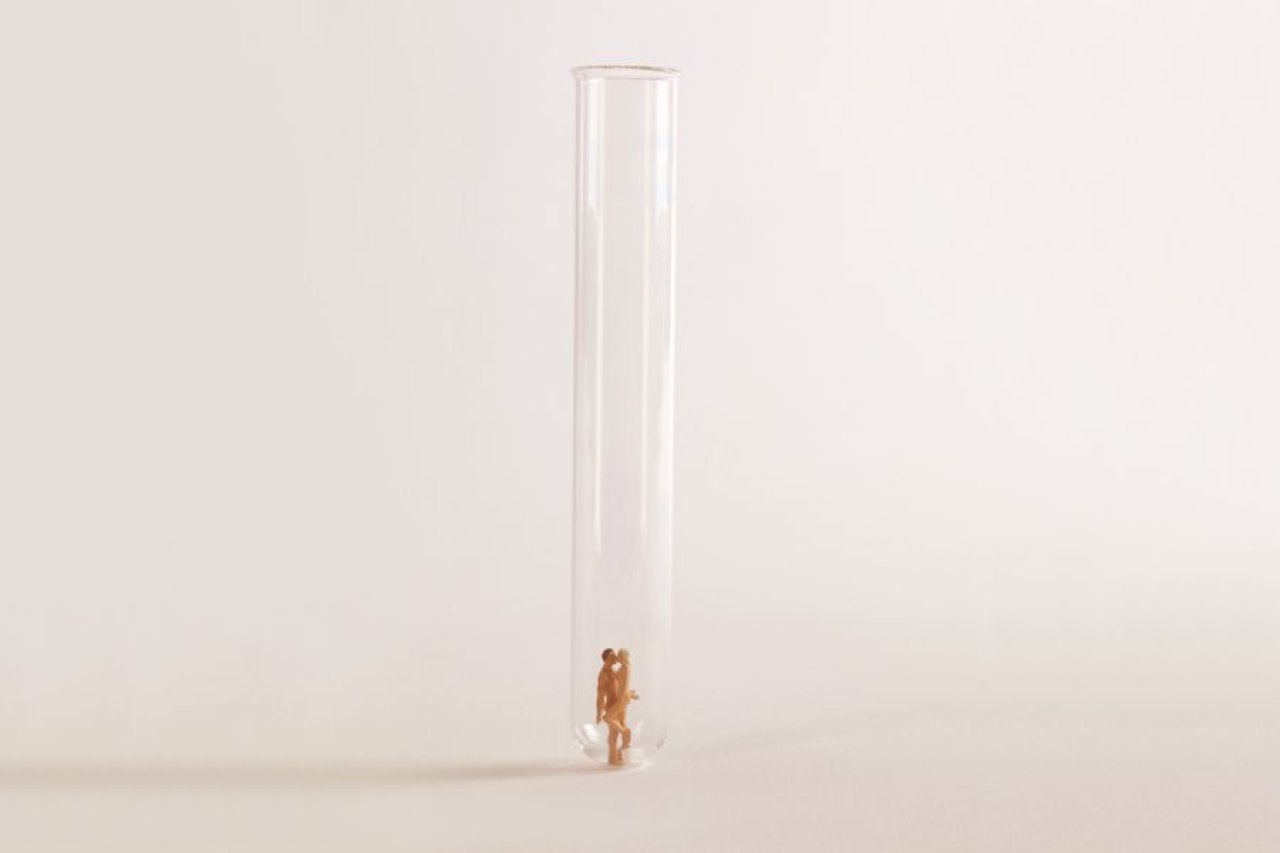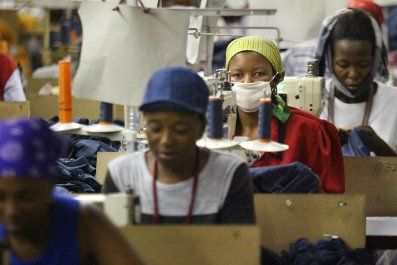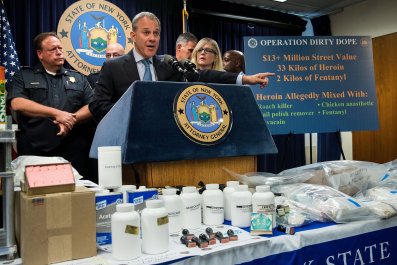Digital technology has created a culture of instant gratification, even when it comes to dating and mating. With a few mindless swipes, a click and then beer and shots, it's easy to find someone to keep you warm (or sweaty), if only for one night. The local bar is no longer the simplest way to find a casual fling.
That's good news for the lovelorn and lonely, but a nightmare for public health. The U.S. Centers for Disease Control and Prevention increasingly warns the public that sexually transmitted diseases are on the rise—some at alarming rates. There are around 20 million new cases of STDs each year in the U.S. In its most recent report, the CDC found the number of syphilis cases has increased 15 percent since 2013. In 2014, approximately 1.4 million people were diagnosed with chlamydia in the U.S., a record high. Too often, these infections spread because people don't get tested.
Several companies have developed at-home STD tests, with the idea that the same clicks and swipes that encourage the spread of STDs can also help prevent them. One is Medcinity, a new Las Vegas–based startup that allows the sexually adventurous (and slightly nervous) to screen themselves. GetTested, available online for $199, screens for seven of the most common STDs: chlamydia, gonorrhea, trichomoniasis, HIV, hepatitis C, syphilis and HSV-2 (herpes).
Jennifer Lewis, a spokeswoman for the company, says GetTested is a perfect match for millennials who are sexually promiscuous, because many of them neglect preventive care and rely on technology. "We believe that the future of sexual health really depends upon providing them the easiest solution possible," she says. The product launched in September, and men are the principal customers, Lewis says. That makes sense, because they're statistically much less likely to be tested for STDs.
Medcinity plans to develop a phone app that will allow users to share results with other people—a physician or potential suitor. "We want to make sure these conversations about sexual health are happening as part of the courting ritual," Lewis says. "We want to make it more fun or at least easier to do."





















